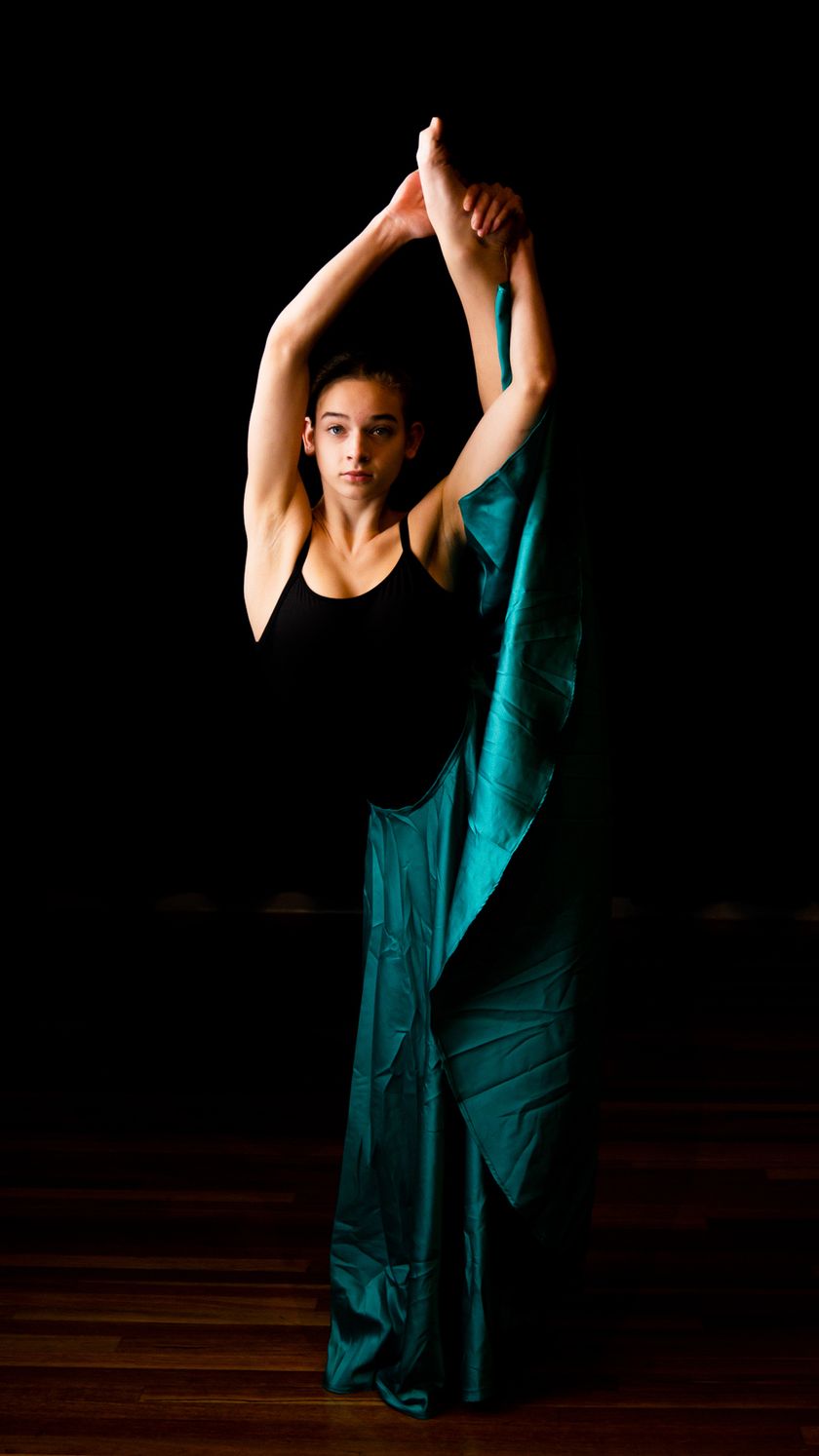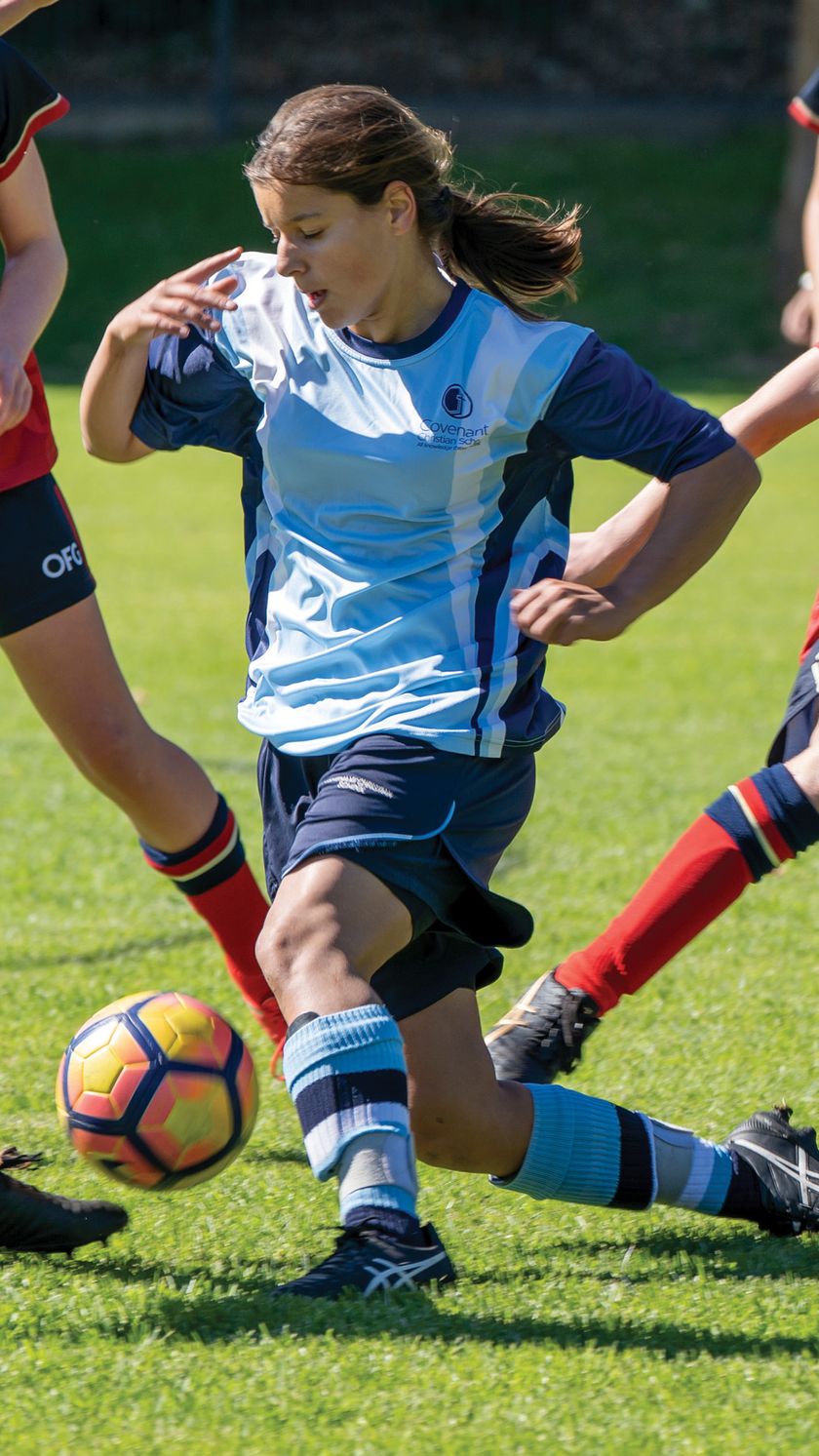






Includes Music I, Music II, and Music Extension.
In the Preliminary and HSC courses, students will study the concepts of music through the learning experiences of performance, composition, musicology and aural, within the context of a range of styles, periods and genres. Students must specialise in a particular instrument and be having instrumental lessons.
In the Preliminary and HSC courses, students will study the concepts of music through the learning experiences of performance, composition, musicology and aural within the context of a range of styles, periods and genres.
The HSC Music Extension course builds on Music II and assumes a high level of music literacy and aural ability as well as advanced Performance, Composition, or Musicology skills.
Students will specialise in performance or composition or musicology and will follow an individual program of study which will be negotiated between the teacher and student.
Yes, you do. You need to be receiving lessons on your instrument from a tutor.
Most students will be performing at least AMEB grade 6 for their HSC performance program.
Of course it is!
No – you will only need to bring you instrument on practical days (usually only once or twice each week).
If you play piano or drums, you can use the school equipment. You can also use the school’s amplifiers.
You can use the Music Staffroom or Music Storeroom. There is usually a staff member there at the end of the day for you to collect your instrument.
Yes, you do. We ask you to be in one of our ensembles while you are studying music. This can include the school musical.
No – you can only do one of these subjects.
Music I
If you do not already know how to read music, you will need to learn it at the beginning of Year 11. You do not need to have a high level of Music reading ability for the Music 1 course, but it will impact your ability to succeed.
Music II
Yes – you must be competent in reading music as you will need to be able to analyse scores and answer questions based on the concepts of music.
Music I
Yes – this is a compulsory are of the curriculum. You will need to do composition in Year 11 and 12, however, you only need to submit a composition for school based assessment (10%) not for the HSC exam.
Music II
Yes – this is a compulsory are of the curriculum. You will need to submit a 2 minute composition for the HSC exam.
Performance, Aural, Composition and Musicology.
For Year 11, each area is worth 25%. For Year 12 they are worth 10% each except for Aural (25%) and your elective choice is worth 45%.
If you have further questions, please contact:
Creative Arts Coordinator - Mrs Nicole Conway